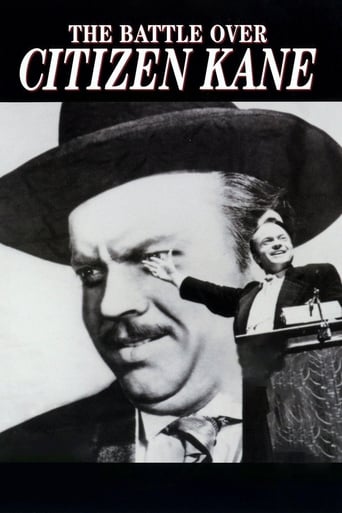


The Battle Over Citizen Kane
Documentary about the battle between Orson Welles and William Randolph Hearst over Welles' Citizen Kane (1941). Features interviews with Welles' and Hearst's co-workers also acts as a relatively complete biograph of Hearst's career.
-
- Cast:
- Peter Bogdanovich , Marion Davies , Douglas Fairbanks Jr. , Richard France , Norman Lloyd , Ruth Warrick , Orson Welles


Similar titles
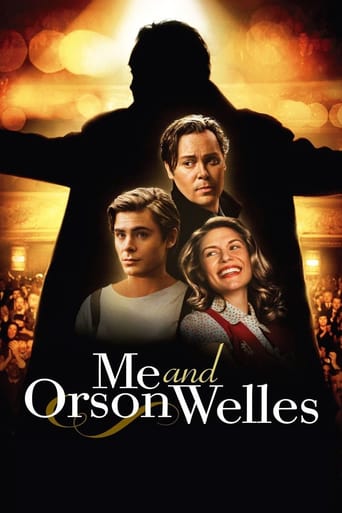
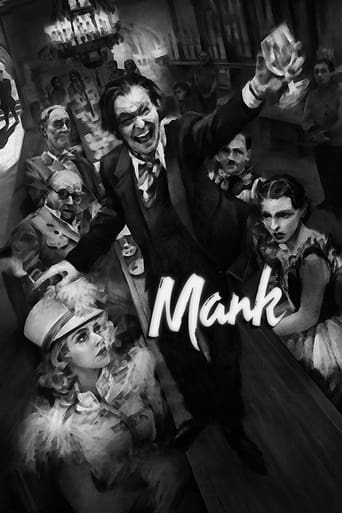
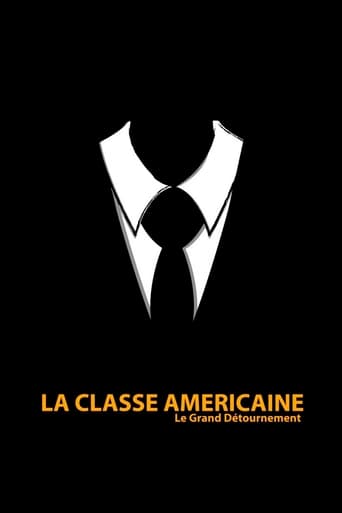
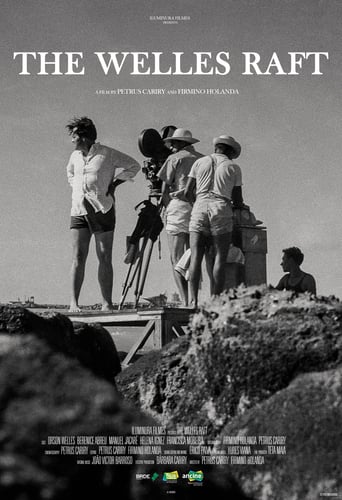
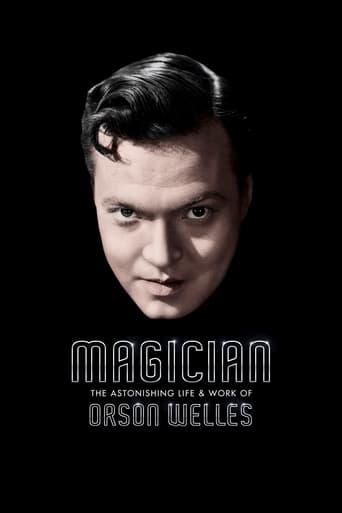
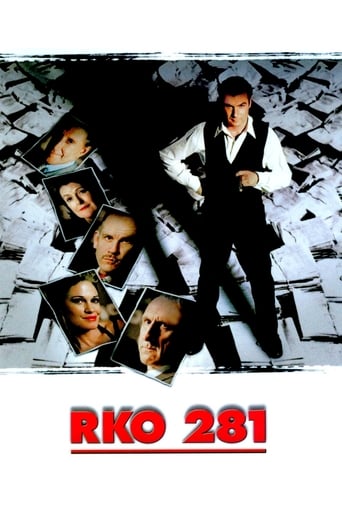
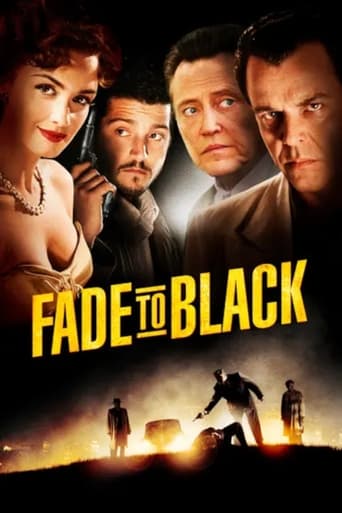
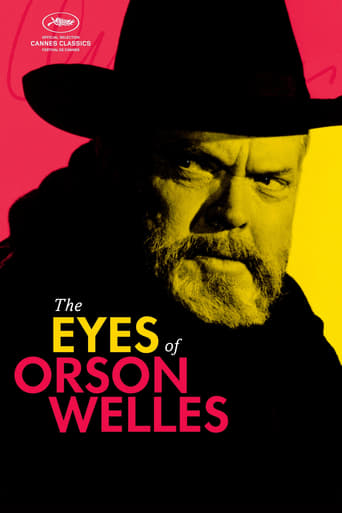
Reviews
Good , But It Is Overrated By Some
As Good As It Gets
A brilliant film that helped define a genre
The acting in this movie is really good.
Documentary about the battle between Orson Welles and William Randolph Hearst over Welles' "Citizen Kane" (1941). Features interviews with Welles' and Hearst's co-workers also as a relatively complete bio of Hearst.This documentary covers two things. One is the creation of "Citizen Kane" and the troubles that Orson Welles went through to get people to see it. This is covered fairly well, and for a fictional version of the story people can watch "RKO 281" which is based on this documentary.The other part is just as interesting, and maybe even more so: the biography of William Randolph Heart. While a towering figure in his day and at the time "Citizen Kane" came out, he has left the public consciousness. Do half of the people in America even know who he is? Probably not. And yet he had a profound effect on journalism and culture. He should be celebrated.
This is a feature-length documentary found on the DVD of Citizen Kane(not to be confused with the actual TV picture of a few years later, RKO 281, in spite of the latter sharing the title and evidently at least some of the premise). It's well-produced throughout and leaves little to be desired. It is more about the life and accomplishments of Hearst than Welles, but that can be argued as fitting, as that was whom the film in question was intended to be a biography of(if it turned out to be a bit of a misunderstood attempt at so, masterful effort though it is, and in the end actually is closer to the real persona, past and then-future of its maker). We are given a lot of insight into both of them, who they were, what drove them, their triumphs and defeat. It's all told rather well, with clips of the movie itself(as well as others, where it fits), interviews, past as well as current, with those who worked with them(and even one of Orson himself, from '82), footage from behind the scenes, stills and narration. A number of the many shocks the two caused, including the (in)famous War of the Worlds broadcast, are detailed, with witness accounts where possible. It's well-written and put together with expertise. This alone ought to be a strong point in favor of owning a copy of the piece itself. I recommend this to anyone who wants to know about one and/or the other of the mighty people, the controversy and their clash. 8/10
Here is a special kind of documentary. It's surprising that it got nominated for an Oscar for best documentary, as it is from what I've seen in the DVD as being a made-for-TV affair (provided by annual financial support from "Viewers like you"). But on those standards it's one of the best from the 90's. Here is a study, not too long and not too short, about not only the history behind the feud that ensued between William Randolph Hearst and Orson Welles, but really about the two men themselves and how the best thing to come out of it all was the film. As it stands with history in present times, the real facts are interesting enough, yet is more for a selective audience who'll take the time to read books on the subject(s) or watch the documentaries. And if a fictional narrative on celluloid comes out, that may (or may not) become a basis for how that history is seen in the following generations who've never heard of the real stories. Citizen Kane is not a down-to-the-line biographical take on Hearst's jump to fame and his descent into his 'kingdom' of sorts, and it shouldn't have been (although, and this documentary confirms it, certain explicit details were taken from Hearst's life, which even Welles in interviews considers "dirty tricks").So like all good PBS-style documentaries, the filmmakers aren't content with merely showing the making of Kane and the battle over it (there's the dramatization- RKO 281- for that). It goes into the details of the two subjects lives, and an almost compare/contrast format of their claims to fame and power, however gargantuan &/or precious it was. Hearst grew up in what one of the interviewees calls a "19th century mind-set", where what he had was all his, no matter how he got it. It's of true fascination for someone from the end of the 20th century into the 21st century to see the brilliance behind the hubris; Hearst did in fact create the first sort of magazine that today is considered like an Enquirer or a Star magazine, only juicier and fresher to a sensitized audience. He creates an empire, tries to run for Government and fails, and then focuses all of his attentions on Marion Davies, a comic actress whom he nearly moved buildings for.His story is inter-cut wonderfully with Orson Welles's rise to fame. Anyone who knows just a little about Welles knows the hallmark War of the Worlds broadcast which, coincidentally like Hearst, capitalized on the public's pre-World War judgments. But un-like Hearst, who was painted as courteous, but also domineering and God-like (and Welles could be both of those things), Welles's control could get fierce, and difficult, but always for the results on stage or on the radio. Welles came almost 'out of nowhere', and says himself that he rarely heard a discouraging word. That is, until he reached New York, where he became one of the first celebrities to get a hotbed of controversy laid on his daring in entertainment and off. He revolutionized the theater (Macbeth and King Lear are mentioned, but wisely also the reverse power of the flops for Welles), and then radio, and got the most delicious film contract since Charlie Chaplin. When he hooked up with writer and Hearst's San Simian frequenter Herman Manciewicz, the ball got rolling on his first Hollywood picture.For some, this is where the real interest may kick in (likely more for film buffs than regular history aficionados), as Hearst threatened everything but a gun to the studio's executives to squash the film that alluded to so much about his personal life (one doesn't even need to mention 'Rosebud'). Although this part of the film seems to go by a little faster than the bulk of the film, it's of not flaw. Because of the time spent analyzing these two unique mavericks in their fields, one can see almost why this had to happen. It was just as personal and important for Hearst to create his empire as it was for Welles to make his film. There were, of course, many things that were Welles, not Hearst, in the picture, and that adds to its appeal. The film is also excellent as it doesn't shy from pointing out as much as what went wrong as went right; Welles's career would never be the same after that film, and Hearst was already on his way down after the battle was over (one person remarked to Welles after the movie opened up "quit now, quite while you're ahead). It should prove a great viewing for 'Kane' and Welles fans, and those who have not much an interest in him may still have that PBS doc bug going for the Hearst parts of the story.
Spoilers herein.Journalism is sick. Its process filters interesting situations into simple battles, usually between good and bad persons. It must be reduced to persons. It must be a simple battle. Ideally someone wins, end of story.Film itself is not so sick. It continues to provide an opportunity for art, for exploration of complex, subtle spaces.Here we have a journalistic film. Its subject is one of the most interesting, engaging works of cinematic art. That art and the motion that surrounds it are rich. Which force wins? The force of reductionist cheap journalism, or the imperative to do something rich and nuanced? Right, what we get is the WWF of film criticism. We get a piece of Hearst-like journalism -- a simple battle over whether Hearst's concubine was impugned. The imperative to coordinate by command and what that involves is reduced to a battle of wills.The very existence of reductionist tripe like this `film' means that Hearst has won, pure and simple.Welles' Hollywood career had as much to do with the nature of commercial art as anything else. He wanted to create; the system wanted to make money. Investors wanted something (like this dumbed-down documentary) that people will like. Welles wanted to challenge more than engage, to tweak more than mollify, to invent rather than reflect.Many people now appreciate `Kane.' Was that because he anticipated or invented the future? Many people now recognize `Kane' as `good.' Is that because of how he mastered the relationship between eye and space, or because (as many think) it is dramatically apt? Note this fact: the far better, and more radical `Othello' is not so appreciated.We all lose when our supposedly most intelligent institution for visual production (the PBS) produces something like this. We all lose.
